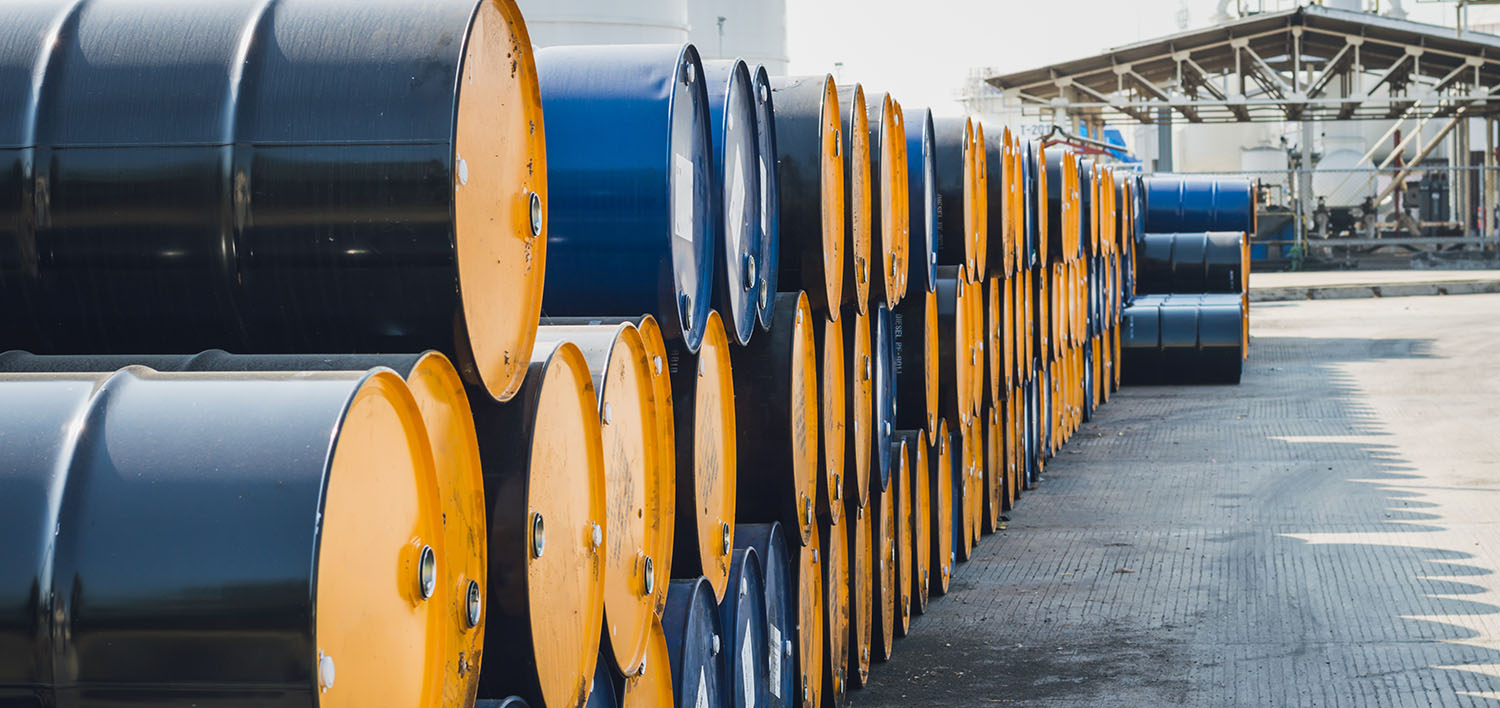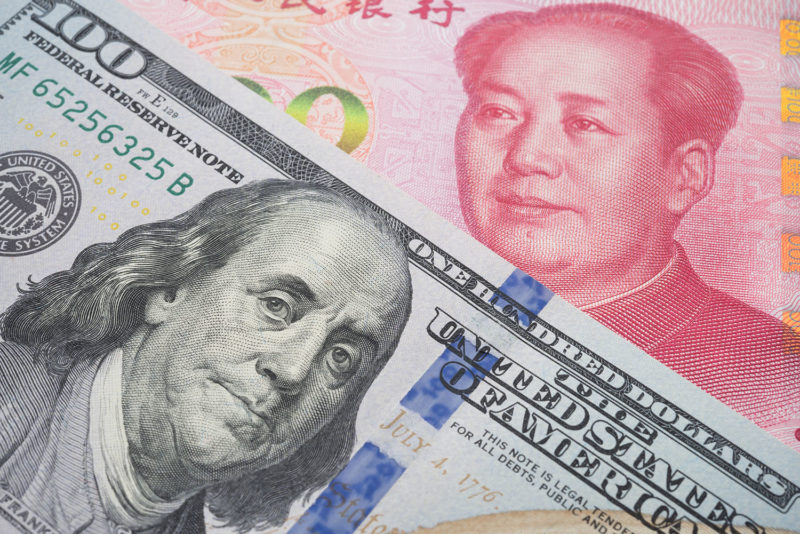

Rising oil prices bring us closer to the crisis
The recovery in demand and consumption in 2021 has pushed up the price of oil, metals and gas, among others. But this is not the only reason that brings us closer to the next crisis. We have to add speculative interests and a tense geopolitical situation. All these temporary factors had to be corrected in the short term, but the inflation that is gripping us is still very much alive. What is happening with the oil price?
For a start, the price of oil has risen so high and so fast that it is already close to 100 dollars per barrel. Experts have not seen a similar figure since 2014. This rise now threatens post-pandemic economic growth, but also fuels the inflationary crisis that has been brewing for some time. And this, it is clear, can weigh on business production, but also seriously affect the purchasing power of citizens.
According to ‘Bloomberg’, the rise from 70 dollars per barrel at the end of 2021 to around 100 dollars per barrel at the end of February could raise inflation by around half a percentage point in the United States and Europe in the second half of the year. And this is of great concern to the US Federal Reserve, but also to other central banks. To try to combat this crisis, the G20 finance chiefs will meet for the first time since the start of 2022.
Although energy exports will benefit from the oil boom, a large part of businesses and the population will be affected by this increase. And it is well known that oil price rises tend to herald periods of recession.
As recently as last week, Deutsche Bank’s head of economic research, Peter Hooper, said that “the oil shock is fuelling what is already a much broader inflation problem.” JP Morgan has also warned that, if the price per barrel rises to $150, it will “almost stall the global expansion” and could push inflation above 7%, more than three times the rate forecast by most financial institutions.
Keep in mind that fossil fuels, such as oil, coal and natural gas, provide 80 per cent of the world economy’s energy. These fossil fuels have experienced increases of more than 50% over the previous year. And this, of course, also affects supply chains and delays and raises the costs of raw materials.
Geopolitical tensions in Russia, the world’s largest oil producer, are not helping to contain prices either. And a supply constrained by OPEC cuts does not facilitate faster distribution from these countries either —today, 400,000 barrels per month are exported. Analysts believe that curbing the rise would only be possible if there were an increase in investment in a highly polluting sector, and in a context in which the West prefers to bet on green energy; or if Iran were to rejoin the international oil market. But it does not seem that either of these two options is viable.
In order to control inflation, the Federal Reserve and the Bank of England have already announced possible interest rate hikes, but this will have an impact on sovereign debt, especially that of emerging economies. As a result, China may suffer, because it is one of the world’s largest borrowers. China is also a major exporter of oil and other fossil fuels, and until now has enjoyed very benign inflation, but its economy remains vulnerable and producers are beginning to see the energy crisis looming.
Who benefits?
But not all countries are being hurt by rising oil prices. Alternative energy offers a small buffer. For example, since the emergence of the shale oil industry in the United States, its economy is less vulnerable than it was during the 1970s. Thus, even though domestic consumers have to pay more for energy, domestic producers earn more money.
Russia could also benefit, increasing its revenues by $65 billion for the year, which could protect Moscow from possible sanctions over the conflict with Ukraine. And this increase could also benefit other emerging economies in the sector, such as Canada or Middle Eastern countries.
The recession is coming
For the general population, and for most economies, however, there is nothing to celebrate. AXA IM’s head of systems and information services, Chris Iggo, has warned that inflation “could remain around 7% for the rest of the year, which would mean more aggressive hikes by the Federal Reserve and bring us closer to the next recession.”
Analysts at Bank of America Merrill Lynch have also warned that the economy is reaching an “end of cycle.” The Covid-19 crisis, the millions mobilised by governments to respond to it that have further indebted the world’s economies and, now, central bank stimulus to combat inflation may have accelerated everything. The rise in oil prices is a further symptom to be taken into account. And it does not seem to have a good solution in the long run.
11Onze is the fintech community of Catalonia. Open an account by downloading the super app El Canut on Android and Apple and join the revolution!





Bon article.
Molt contents que t’agradi l’article, Pere. Ens veiem per la Plaça!
Ok 👍
Moltes gràcies, Josep. Que tinguis molt bona setmana. Ens veiem per la Plaça!
Que important es està informat de l’economia,poder si molta gent ho estessim aquesta facilitat en fer i desfer del poder oligarquic no succeiria
Del tot d’acord, Alícia; la informació és poder.
Llegir aquests articles fa tenir fam de saber, d’ aprendre com funciona el món, a tenir criteri propi. És un privilegi que en poguem gaudir aquí a la Plaça.
Gràcies, Mercè pel teu comentari!
Bon article. Gracies
A tu Manuel per seguir-nos!
👏
Gràcies, Daniela!!!
👌
Gràcies, Joan!!!